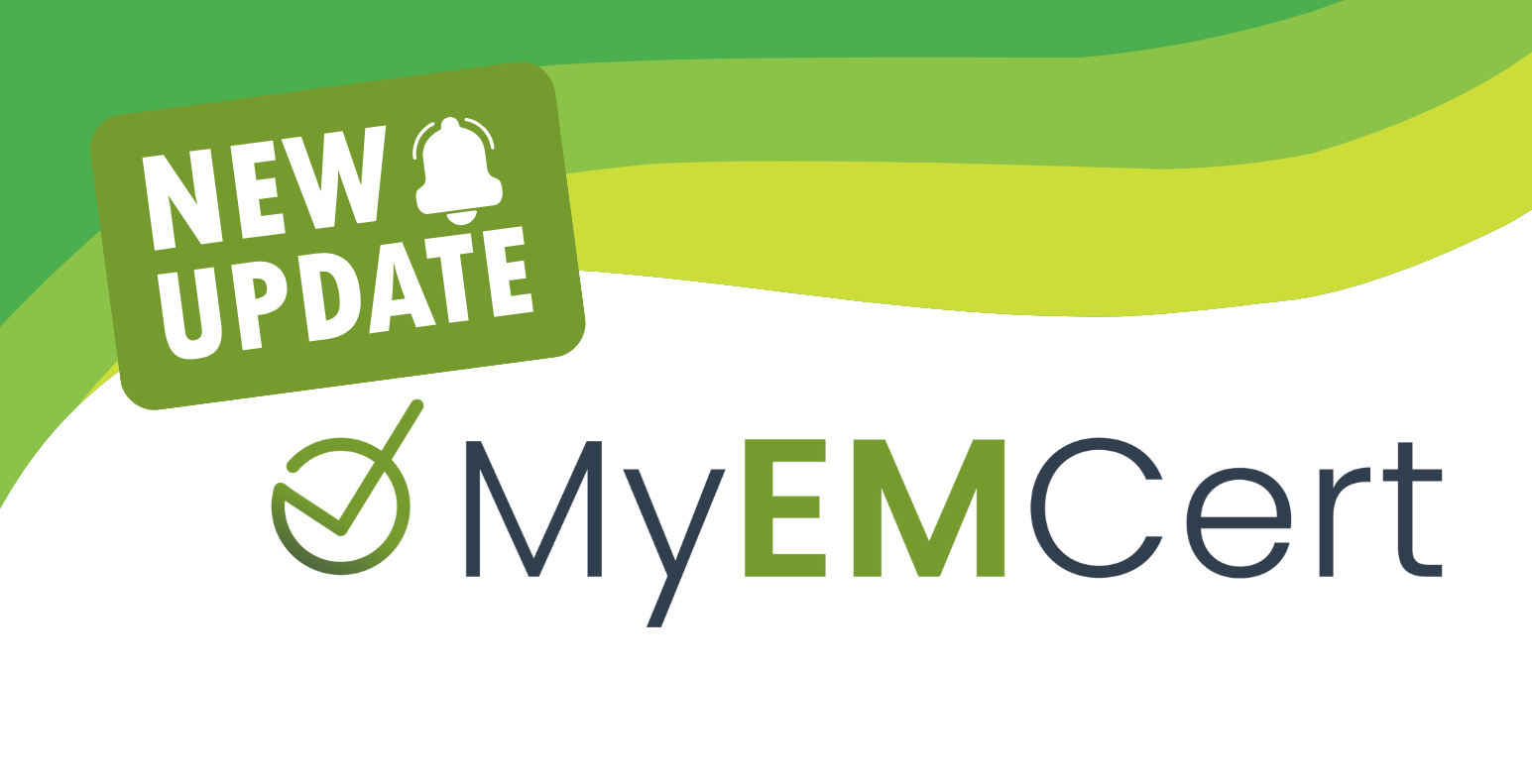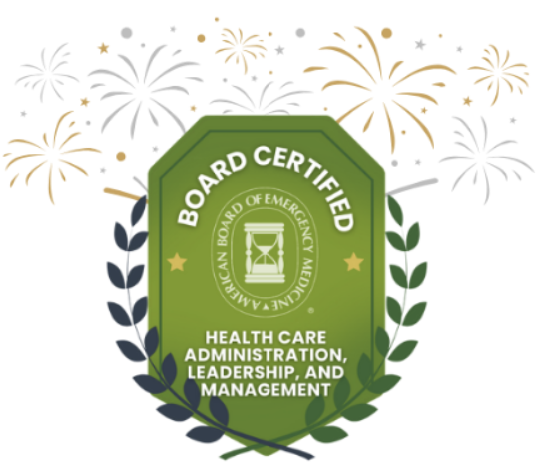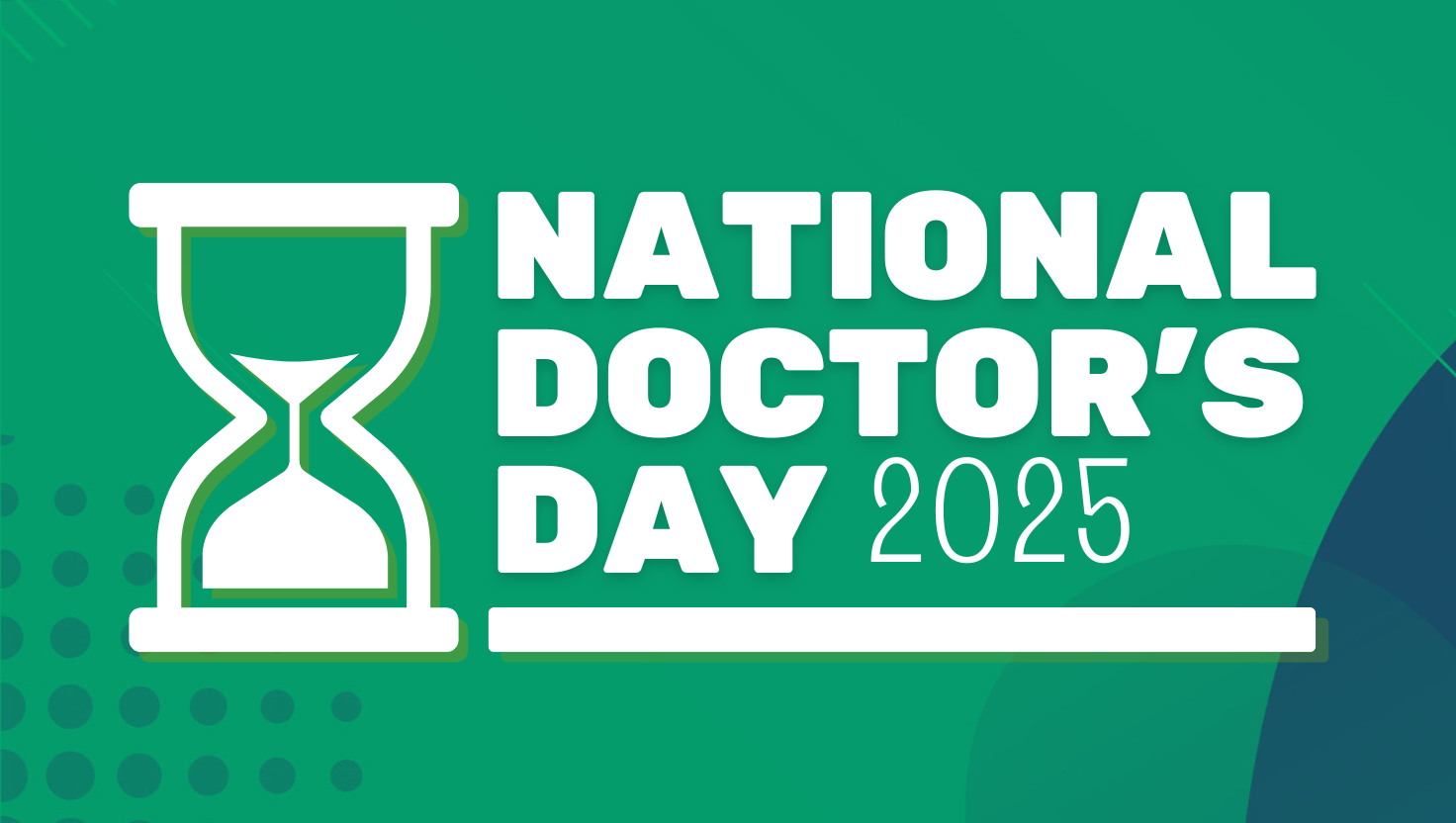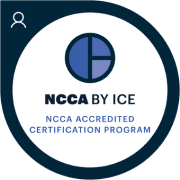Recently an article appeared in JAMA establishing the need to examine barriers for candidates in the administration of the oral board certification process. Some aspects of testing administration produce disparities that disproportionally affect military recruits, nursing mothers, candidates from backgrounds who are underrepresented in medicine, and female candidates who are married with children. These barriers may affect a candidate’s ability to pass the test on the first attempt.
For the study, authors scored exam accommodation policies among medical specialty certification boards. Of the 16 ABMS Boards, considerable difference was found among specialties’ accommodations policies and procedures suggesting the opportunity for improving and standardizing test accommodations for oral board certification exams.
Of the Boards included in the study, ABEM scored the highest possible score for the most accommodating Board. This score reflects the intentional efforts and work done to create a valid, reliable, and fair exam process for Emergency Medicine physicians.
“These findings reflect ABEM’s commitment to provide a fair and inclusive testing experience,” stated ABEM President Ramon W. Johnson, M.D., M.B.A. “We continually monitor every resource to improve processes resulting in unbiased and non-discriminatory testing and scoring.”
This cross-sectional study also revealed that:
- specialty boards with more accommodating oral board examination policies and practices tended to have more gender, racial, and ethnic diversity in their residency classes.
- greater gender diversity within the boards of directors was associated with higher accommodation scores.
The study suggested that promoting diversity in leadership bodies may lead to greater accommodations for examinees in extenuating circumstances. Improving access to accommodations can lead to higher test scores without affecting the scores of those who do not require accommodation.
Dana G. Rowe, BA; et al. Variation in Oral Board Examination Accommodations Among Specialties. JAMA Network Open. May, 2024;7(5): e2410127. doi:10.1001/jamanetworkopen.2024.10127






